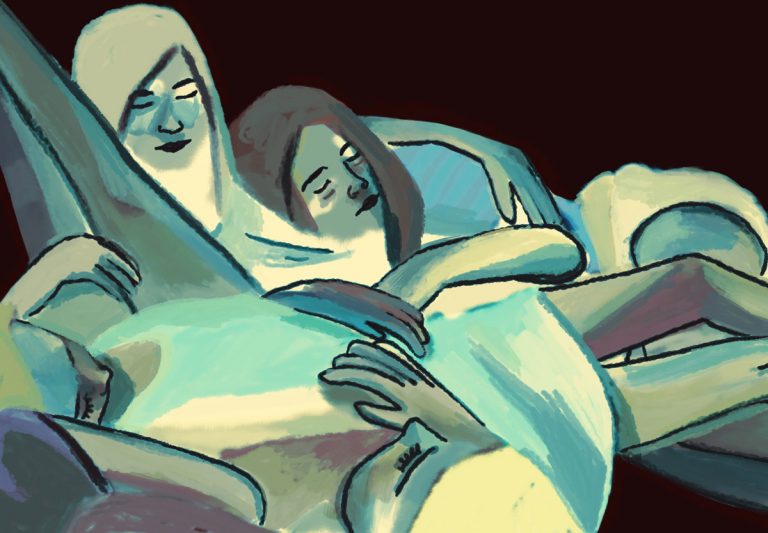New study reveals that absence really does make the heart grow fonder
The ancient proverb which states that ‘absence makes the heart grow fonder’ may ring truer than previous romantics have painfully expressed. In fact, it’s been proven that it isn’t only a feeling felt and described by lovesick drama queens, but one felt by every single one of us. Cold-hearted fuckboys included. There is typically no shortage of evidence in our individual lives that friends or lovers can feel a closer bond when they are apart, but what does science tell us about it?
Anthropologists have long observed that primates invest more effort into relationships that have been forced apart, or separated. For example, baboon mothers spend much more time feeding their newborns just after having them compared to socialising, grooming and whatnot, with other baboon adults. When the mother’s young ones are being weaned, they become less attached to their mother and vice versa, so the mother baboon can go back to doing a little more socialising. They actually intensely use their time to groom their friends when their offspring are playing in order to rekindle the relationships that may have weakened over the time spent apart, due to baby duty.
This same behaviour is seen in many other animals such as elephants and even hyenas, but also humans, which is somewhat unsurprising. Relationships do grow weaker over time; people tend to struggle to maintain putting in the effort needed for a relationship to remain as strong as it was in the first place. Thankfully, times have changed from long-distance letter-writing in order to keep in touch, although I do fall blindly head over heels for a letter. Regardless of that, we have options now—and mobile phones.
Before easy travel (2020 not included), emailing, texts and phone calls: relationships of all kinds were likely to buckle under the pressure of distance simply because we do tend to become less and less relevant to each other as time passes. Yes, of course, we may brood and mope around because we miss someone, but it does pass eventually. However, according to the studies conducted by Kunal Bhattacharya at Aalto University in Finland, absence today really does make the heart grow fonder, which can be seen as… hopeful? Or really, really bad news—I’ll leave you to choose.
Bhattacharya and colleagues analysed a large data set of call records and came up with their hypothesis that the strength of relationships is reflected in the number and duration of calls between individuals. The question they attempt to answer though is whether people invest more time into relationships when these relationships are at risk. In their study, they say that “Friendships require constant time investment for their maintenance, and failure to match quite specific investment schedules leads inexorably to a rapid reduction in relationship quality.”
The researchers first measured how often pairs of people who were geographically separated contacted each other and how the time between calls varied over time, then they proceeded to measure how the duration of those calls varied. The results found an increase in the duration of calls between people, when the time since the last call was greater than average, meaning that when a relationship of some kind has been separated for longer, they end up spending more time ‘catching up’. “These results suggest that when individuals fail to contact each other frequently enough they compensate by devoting more time to the next call.” Bhattacharya also states that “Our findings demonstrate a logarithmic increase in call duration with an increase in inter-call gap between a pair of individuals,” however, it isn’t that simple.
There is significant evidence that this happens when males call other males, or females call other females and also when younger people—particularly in their 30s—call each other. The effect is apparently also stronger for those who are separated by larger distances.
Of course, this may be down to the habitual response that we have between friendships or relationships in general, or the pressure of not wanting to give in to ‘growing apart’, but if that simply were the case, these people would undoubtedly run out of things to say on their ever-growing in length phone calls. That being said, does this distance then actually translate into an increase in fondness?
There have been other studies that show males effectively feel a heart growing fonder for longer than women when it comes to nurturing a relationship for fear of losing it. It has also been shown for the feeling to kick in further down the line, when the woman has already mourned some sort of loss and the man has reached the time where they feel an absence that the woman felt earlier. This may come down to motherhood, and the instinctive pattern of ‘letting go to let grow’ (whether for survival or as their offspring needs them less) that has evolutioned into a woman’s nature. Either way, in the animal kingdom or for human friendships and romantic relationships, we’ve all gotta move on from someone or something at some point.





